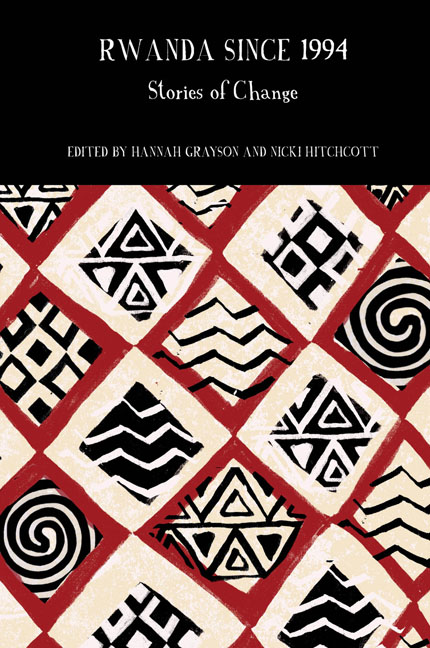Competing Narratives and Performances in Rwanda's Gacaca Courts
Summary
This chapter will analyse gacaca court transcripts to evidence the wider context of changes in Rwanda post-1994 due to national and international pressures and pulls. Through an analysis of three case studies, it will argue that the gacaca court process presented a type of optical illusion, distorting justice and undermining attempts to instigate a communally recognized fair trial system. The optical illusion has been enabled, we will argue, by a performative staging of jurisprudence and the manipulation of legal codes and ‘law talk’. The Rwandan government launched gacaca in June 2002 and legally mandated Rwandans to participate actively in the gacaca courts from 2004 to 2012 for crimes committed during the 1994 Genocide against the Tutsi. The gacaca process aimed to establish truth and reconciliation, to reinsert victims and culprits back into society and to fight against impunity. Every citizen was required to attend the local-level courts to provide testimony and to serve as judge, witness (an individual called to give evidence during the trial by the complainant or defendant) and testifier (an individual from the community who comments during the trial) on a weekly basis. As part of the process, the local population elected inyangamugayo, or persons of integrity, to adjudicate crimes of genocide and crimes against humanity committed against Tutsi from 1 October 1990 to 31 December 1994 (Official Gazette, 2004). In total, 15,300 courts ruled over nearly two million cases (see e.g. ‘Rwandans Should Celebrate’, 2012; Avocats Sans Frontieres, 2010). Gacaca procedures were influenced by international norms, national law (specifically the gacaca Organic Law and public policy) and, more importantly, by the politics and social dynamics at local level. Between 2004 and 2012, this weekly gacaca ritual served as part of a national memory machine to produce Rwandanicity, or a unified Rwandan identity devoid of the ethnic identities of Hutu, Tutsi and Twa. We use the term ‘Rwandanicity’ following Frank Rusagara (2005) of the Rwandan newspaper The New Times, who described Rwandanicity as: ‘an idea and philosophy that guided the people's conduct and perceptions. As an ideology, therefore, it is what the people of Rwanda understood themselves to be, what they knew about themselves, and how they defined and related to each other and their country as a united people (Ubumwe)’. Borrowing from J.L. Austin (1976), the legal utterances staged within the gacaca courts created a new national subjectivity.
- Type
- Chapter
- Information
- Rwanda Since 1994Stories of Change, pp. 62 - 82Publisher: Liverpool University PressPrint publication year: 2019



